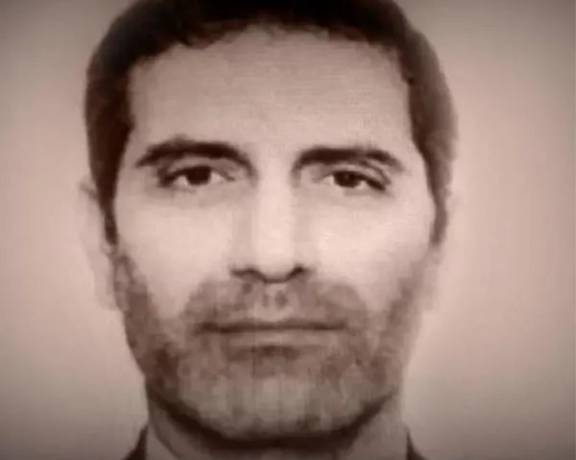In response to a query by Iran International, the spokesman of the Belgian Federal public service of Justice, Edward Landtsheere, said on Sunday that the draft law, slated to be reviewed by the foreign affairs committee of parliament on Tuesday consists of three bills that stipulate a prisoner exchange agreement with India, and the United Arab Emirates (UAE) as well as Iran.
Critics say the bill’s approval would pave the way for the repatriation of Asadollah Asadi, an Iranian diplomat serving a 20-year sentence in Belgium for “attempted murder and involvement in terrorism” for his role plotting to bomb a gathering of the exiled opposition group Mujahedin-e Khalq Organization (MEK) near Paris in 2018.
The ministry’s response seemed an evasive answer to a question if Assadi will be freed as a result of the proposed bill. Obviously, the bill is not intended for a specific person but it could end in repatriating the convicted former diplomat to Iran where he will most probably go free.
Although some activists, such as Oxford-based human rights lawyer Kaveh Moussavi, are of the opinion that the bill will not lead to Asadi’s release because such a move will be against a dozen international treaties to combat terrorism, there are Belgian politicians, such as representatives Theo Francken, Michael Freilich and Darya Safai who have warned of the dangers of the deal.
On Saturday, A US lawmaker also warned of “immanent dangers” of such a deal.








